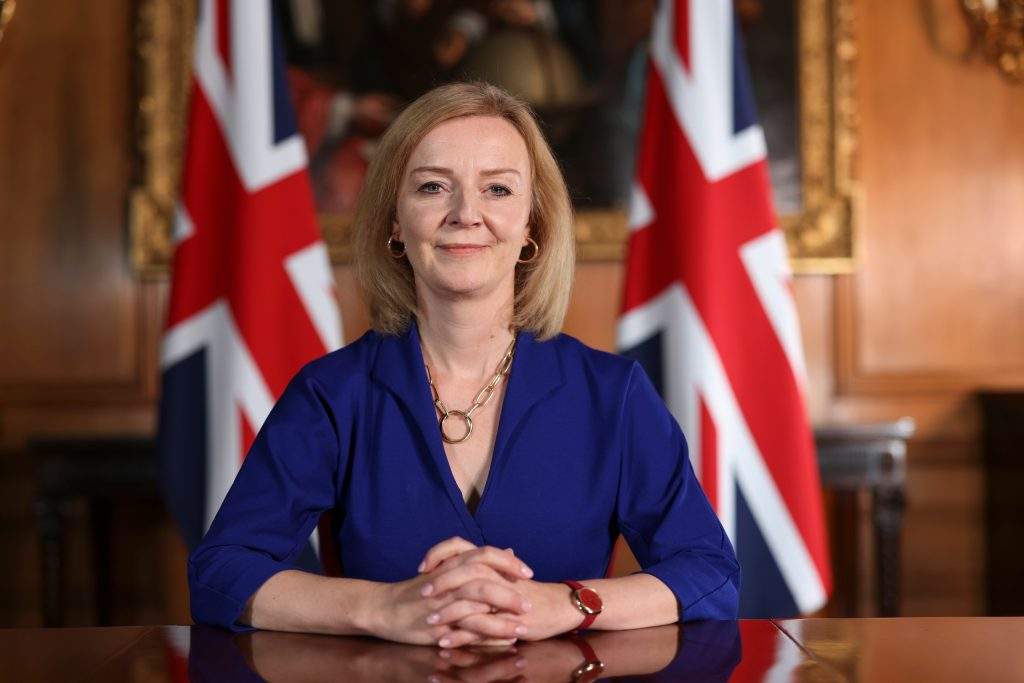
The new Prime Minister: what changes are taking place?
The first announcement of the new Prime Minister, Liz Truss, was a plan to freeze energy prices for two years at £2500 for the average home. With the £400 rebate previously announced, takes this to £2100. There will be equivalent help for Northern Ireland. The amount saved by each family will depend on how much energy they use. Households have been urged to reduce their overall usage if they can. This is because of the serious Europe-wide shortage of the natural gas which powers much of the heating and electricity network.
Liz Truss also said that a fund will be created to support those who are not covered by the cap. More details are expected in the next two weeks.
How will changes made by the new Prime Minister changes affect your business?
The reality for many small businesses and households has taken a turn for the worse recently as prices continue to surge.
Unlike domestic customers, energy bills for businesses are not capped. The rising cost is proving critical for many companies, especially smaller firms. Liz Truss announced that businesses will get an “equivalent support” for a six-month period. However, the UK government have not yet published the unit cost per unit of gas and electricity. After the six-month period, further support will be targeted at “vulnerable industries”. We will update you when further information is available.
The recession
The new Prime Minister also has a recession to deal with. The Bank of England has warned that little can be done to stop the UK falling into a recession as the war in Ukraine continues. Its governor, Andrew Bailey, said it would “overwhelmingly be caused by the actions of Russia and the impact on energy prices”. The Bank expects the economy to shrink in the last three months of 2022. This will keep shrinking until the end of 2023.
What does the recession mean for businesses?
To address the recession, a taxation policy could be designed by the new prime minister. This will increase economic growth by putting more money in our pockets and allowing businesses headroom to invest. We will keep you informed over the coming weeks if taxation policy changes.
As with any downturn in the economy, some types of business are more likely to run into cash flow problems, while other types appear to be more resilient. If you are a business owner, you might be wondering which category your business falls into. No matter how inventive or simple your business model is, you can still have problems with cash flow.
To understand and predict how cash flows in your business, start by performing a health check on your accounts. Look at your latest profit and loss statement and check that your income is sufficient to cover your expenses. If your profit is falling behind your expenses and cash flow is slowing down you might need to take action.
Talk to us about preparing a cash flow statement and budget so that we can work with you to maximise your business’s resilience over the next two years.
Need more information?
We offer a wide range of services which are unique to your business. Our team of chartered accountants have a wealth of experience in a broad range of sectors, from construction and property to the charity sector. Our team work hard to ensure they create smart and effective tax-efficient solutions for start-ups to optimise growth and help them succeed. If you want to learn more about how the team can help or simply want some start-up advice from a trusted accountant do hesitate to contact us. For more information please do hesitate to contact us on 0161 962 1855. Alternatively you can email us using the form below and we will contact you as soon as possible.
Our fantastic team at A&C Chartered Accountants are here to help.










